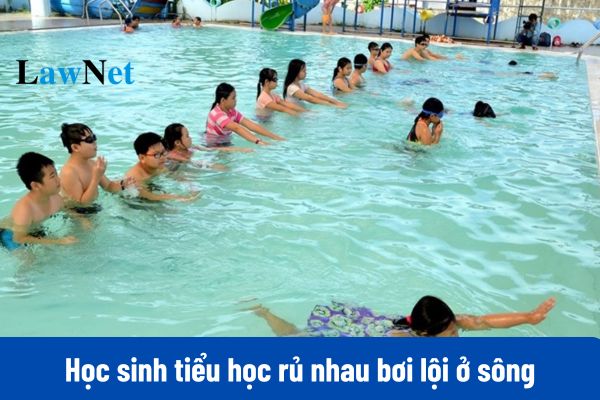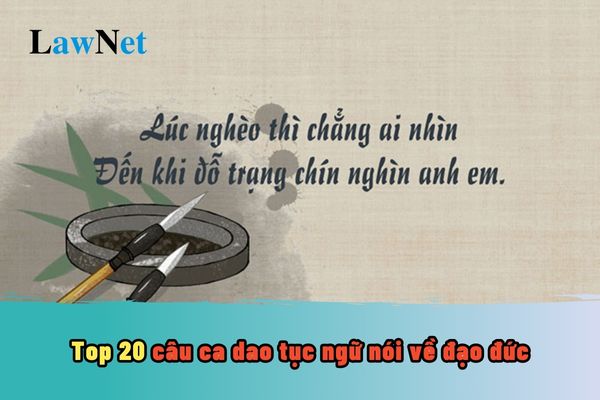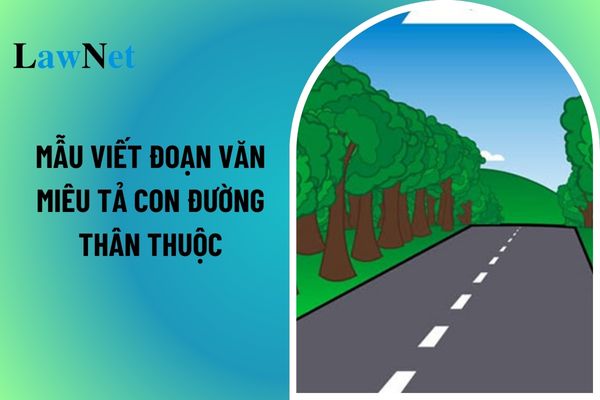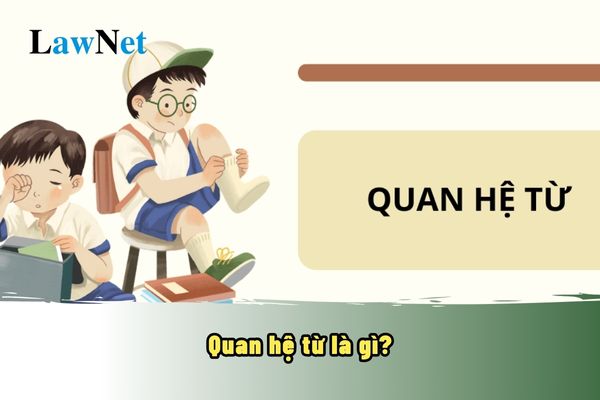What are the guidelines for giving opinions on the issue of some primary school students encouraging each other to swim in rivers, streams, ponds, and lakes? What are the duties of primary school students in Vietnam?
What are the guidelines for giving opinions on the issue of some primary school students encouraging each other to swim in rivers, streams, ponds, and lakes?
You can refer to the following sample opinions on the issue of some primary school students encouraging each other to swim in rivers, streams, ponds, and lakes:
| Sample 1 In recent years, there have been many tragic drowning accidents. So, is the phenomenon of some primary school students frequently encouraging each other to swim in rivers, streams, ponds, and lakes during the summer safe or not? From my perspective, the act of primary school students encouraging each other to swim in riverine areas is inadvisable and extremely dangerous. This behavior can lead to the following consequences: firstly, the students are too young to possess necessary drowning prevention skills. Secondly, they lack essential swimming skills. Thirdly, at this age, they tend to be quite active, and playing around in water is extremely dangerous and poses safety risks. They can participate in water activities when supervised by adults or those skilled in handling dangerous situations. Under no circumstances should they invite each other to play in rivers, streams, ponds, and lakes without adult consent and supervision to prevent any unwanted incidents. |
| Sample 2 In my opinion, it is extremely dangerous for primary school students to invite each other to bathe in ponds, rivers, and streams without adult supervision. While swimming can bring joy and memorable experiences for children, it should not be done in unsafe places such as rivers, streams, ponds, and lakes. The risk of accidents and drowning is very high, especially when children do not have enough swimming skills to protect themselves. This can result in serious consequences and pose a threat to children's lives. |
| Sample 3 What do you think about some primary school students inviting each other to swim in rivers, streams, or ponds and lakes? Personally, I strongly oppose this phenomenon. This is because areas such as rivers, streams, ponds, and lakes are not suitable for swimming due to inherent dangers like deep water levels and fast currents... posing risks for swimmers. Moreover, primary school students are still young and not proficient in swimming skills; many even do not know how to swim or grasp drowning prevention skills. Therefore, when encountering unexpected situations, they cannot manage them. Furthermore, areas like rivers, streams, ponds, and lakes do not have guards or rescue personnel on duty like swimming pools; hence if a dangerous situation occurs, having someone promptly to help is often very difficult. Therefore, we should not swim in areas like rivers, streams, ponds, and lakes! |
Note: Information is for reference purposes only!

What are the guidelines for giving opinions on the issue of some primary school students encouraging each other to swim in rivers, streams, ponds, and lakes? What are the duties of primary school students in Vietnam? (Image from the Internet)
What are the duties of primary school students in Vietnam?
Under Article 34 of Circular 28/2020/TT-BGDDT, the duties of primary school students in Vietnam are specified as follows:
(1) To study and train according to the school's educational plan and regulations; to have self-awareness in learning and training, developing overall qualities and abilities as per the objectives of the primary education program.
(2) To fully and effectively perform learning tasks; know how to self-study under the guidance of teachers; actively and positively participate in experiential activities, applying learned knowledge to real-life situations; exercise and maintain personal hygiene.
(3) To be dutiful to parents and grandparents; respect and be polite to teachers and the elderly; unite, love, and help friends, younger siblings, the elderly, the disabled, and those in difficult circumstances.
(4) To comply with school regulations, protect school and public property; observe traffic safety regulations; and maintain environmental hygiene and protection.
(5) To contribute to activities building, protecting, and promoting the traditions of the school and locality.
How many methods are used to assess primary school students in Vietnam?
According to Clause 2, Article 5 of the Regulations on the Assessment of Primary School Students issued with Circular 27/2020/TT-BGDDT, the commonly used assessment methods for assessing students are:
- Assessment by observation: Teachers monitor and listen to students when teaching in classes, employ observation cards, examination boards and records of student's behaviors as proof for assessment of studying and training processes of students.
- Assessment by academic records, products and activities of students: Teachers provide feedback and assessment regarding products and activity results of students thereby assessing students based on relevant assessment criteria.
- Assessment by communication: Teachers discuss with students in form of questions and answers to collect information and promptly provide comment, remedial measures.
- Assessment by writing: Teachers employ tests consisting of questions and exercises designed according to levels and requirements to be achieved of the program in form of multiple-choice questions and writing tests to assess level of completion for academic assessment criteria.










- What is the required investment level for a private primary school to qualify for educational activities in Vietnam?
- Where is Phu Quoc Island? What is the shape of Phu Quoc Island?
- What are the answers to the online contest "Propaganda on Administrative Reform in Hai Duong Province" in 2024?
- What does an adjective mean? What is the role of adjectives in Vietnamese language? What is the grade whose Vietnamese language curriculum covers features of adjectives?
- What is the arithmetic sequence formula? What is the grade whose Mathematics curriculum covers arithmetic sequence in Vietnam?
- What do verb and verb phrase mean? What is the grade at which verbs are taught in the Vietnamese language curriculum?
- Vietnam: What are the Top 10 opening greetings for presentations by students? What are the regulations on speaking and listening teaching in Literature?
- What are the guidelines for preparing the lesson "Cổng trường mở ra"? What are the responsibilities of subject teachers in assessing students in Vietnam?
- Vietnam: What are the sample introductions for essays on the work "Hồn Trương Ba Da Hàng Thịt"? What genre does the work "Hồn Trương Ba Da Hàng Thịt" belong to?
- What are guidelines for analysis of the reasonable use of mineral resources in Vietnam? What are regulations on online teaching materials in Vietnam?

